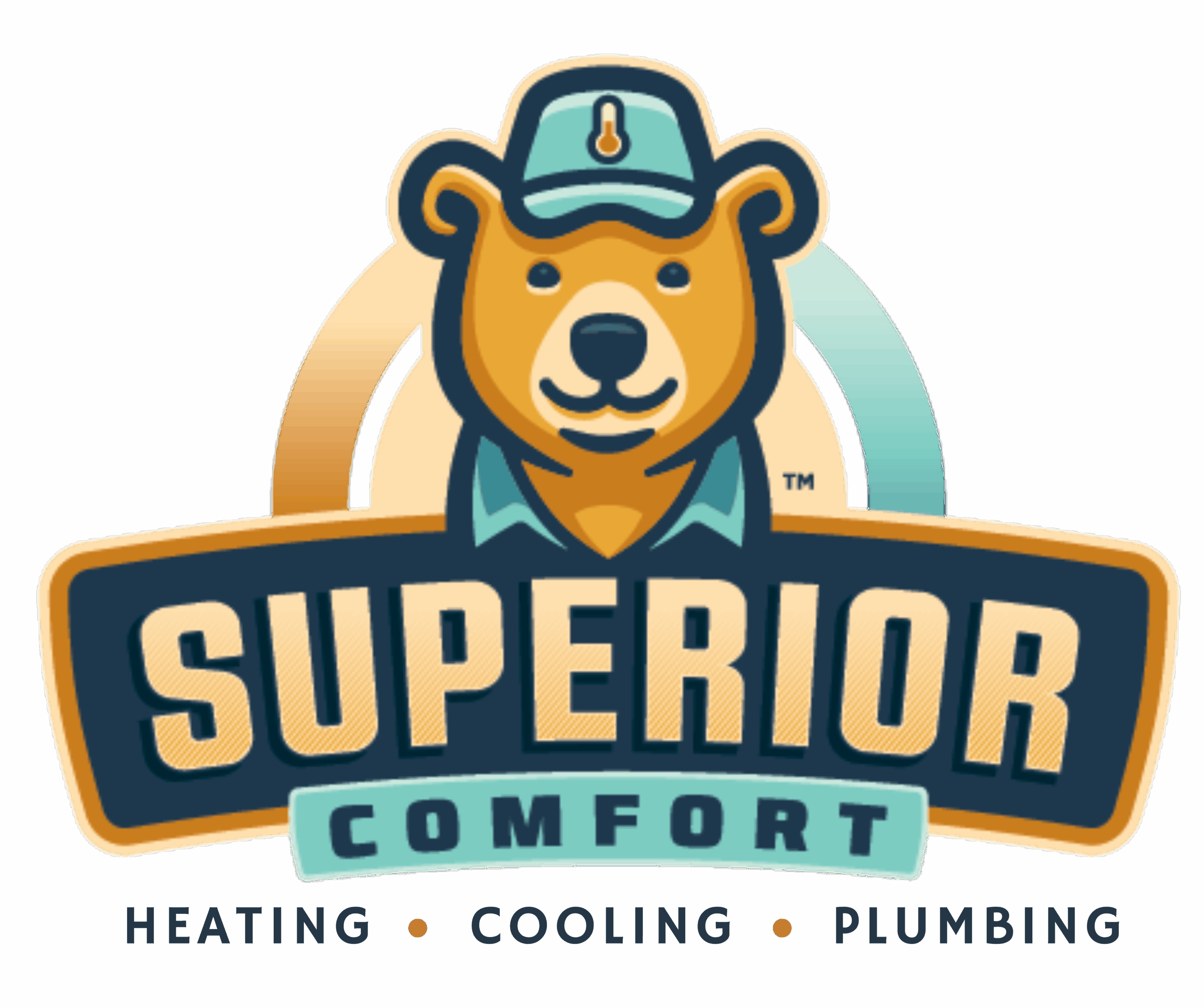If you live in Flat Rock, MI, you’re familiar with the snowy, cold winters that we experience every year. It’s undoubtedly not something you’d want to face without a reliable, efficient heating system in your home. When the time comes for a new heating system, however, you’ll have more than one option to evaluate.
One is the familiar gas furnace. Another option you may be less familiar with is a heat pump. Both have advantages and disadvantages, but either one would make an excellent heating solution. Here’s how you can choose between the two options.
The Basics of Gas Furnaces
Homes in Flat Rock and elsewhere in Michigan have depended on gas furnaces for years. They’ve been a mainstay in the US for over a century. As a result, countless manufacturers make gas furnaces, and they’re well-supported among HVAC companies. Generally, there are two primary types of gas furnaces available today.
Conventional gas furnaces feature a single heat exchanger capable of extracting between 80% and 85% of the heat energy created through combustion. However, a high-efficiency model uses a secondary heat exchanger to extract even more heat. Those can reach up to 98.7% efficiency, in exchange for a higher up-front price.
The Advantages of Gas Furnaces
It’s no accident that gas furnaces remain the dominant heating option in Flat Rock. They have numerous advantages that make them a near-perfect choice. One is that gas furnaces produce extremely hot air. On average, they output air that’s between 120 and 140 degrees Fahrenheit. So, on especially frigid days, they excel at driving the chill out of your home and keeping it comfortable.
Another advantage of a gas furnace is longevity. You can expect up to 20 years of reliable operation from a well-maintained gas furnace. Plus, their maintenance needs aren’t complex. A single annual tune-up to keep your furnace’s burners clean and its blower fan lubricated is all you’ll need.
Finally, and perhaps most importantly, gas furnaces have significant cost advantages. To start with, there are multiple options available at almost every imaginable price point. And the constant competition between manufacturers means that prices typically remain low. Gas furnaces also enjoy operating cost advantages. Even a minimally efficient gas furnace doesn’t cost much to run because natural gas is an inexpensive fuel source. That’s because the US is the leading global natural gas producer, so supply almost always exceeds demand.
The Disadvantages of Gas Furnaces
For all their advantages, gas furnaces do have some downsides. One of them is the risk of fire and explosion. Although gas furnaces have an excellent safety record, they do involve controlled combustion inside your home. Even a minor malfunction can make it dangerous. For example, something as simple as a cracked heat exchanger can lead to a deadly carbon monoxide leak.
Another disadvantage of gas furnaces is that they emit waste gases that harm the environment. Those gases include carbon dioxide and carbon monoxide. Those gases are potent greenhouse gases, which contribute to climate change. And as previously mentioned, they can be extremely hazardous if they leak into your home.
The Basics of Heat Pumps
Heat pumps may sound like a new concept, but you’re probably more familiar with them than you think. You likely even have one or two of them in your home right now. Your refrigerator, for example, functions much like a heat pump. Your home’s air conditioner is another. A heat pump is a device that collects heat from one location and transports it to another. In an HVAC context, a heat pump warms your home by transferring heat energy from the outside air or ground.
Before you do a double-take, you read that right. Heat pumps utilize the existing heat energy present in the outdoor environment. They collect it by reversing the refrigeration cycle typically used by an AC. As a result, they’re all-electric but operate at efficiency levels that surpass those of any other type of heating technology.
The Advantages of Heat Pumps
Energy efficiency is by far the most significant advantage of a heat pump. In mild conditions, heat pumps can operate at efficiencies approaching 400%. Cold-weather models remain efficient at temperatures as low as -15 degrees Fahrenheit. Another advantage offered by a heat pump is that it also functions as an AC. That means you can rely on one system for year-round comfort.
Heat pumps also qualify for generous subsidies and tax credits that help reduce their costs. That’s because heat pumps are more environmentally friendly, and both the state and federal governments want to encourage their adoption. With a heat pump, you can dramatically lower your home’s carbon footprint. If you pair a heat pump with a renewable energy source, you can make your heating carbon-free.
The Disadvantages of Heat Pumps
Of course, heat pumps do have some drawbacks that explain why they haven’t overtaken gas furnaces. One is that they operate at lower temperatures. You can expect the air from a heat pump to exit your vents at a temperature between 90 and 110 degrees Fahrenheit. That’s plenty hot enough to warm up your home, but it may not feel that way to some homeowners. Heat pumps, unlike gas furnaces, operate on longer cycles and maintain more stable temperatures. However, some people dislike the somewhat drafty feeling that they produce.
Another significant disadvantage of a heat pump is its high upfront cost. Although they may qualify for subsidies and tax credits, you’ll still likely pay more for one than a comparable furnace. Additionally, a heat pump typically lasts around 15 years, so you’ll likely need to replace yours sooner than you would with a furnace.
Making the Right Choice
Deciding between a gas furnace and a heat pump typically comes down to a few considerations. One is the type of heating system you already have. If your home already has a gas furnace, the most cost-effective and quickest option is to replace it with a similar model. However, if you need to have new gas service installed to support one, a heat pump makes more sense.
You should also consider your home’s insulation level. If your home is drafty and has poor air sealing, a furnace is your best option. It will have the raw heating power necessary to keep your home warm. However, if your home is well-insulated or you plan to upgrade its insulation, a heat pump will work well. In well-sealed homes, you maximize the efficiency benefits of a heat pump, further reducing its operating costs.
Your Local Heating System Installation Experts
The good news is that you can count on for heating installation in Flat Rock, regardless of the type of system you choose. We sell and install quality furnaces and heat pumps from today’s leading manufacturers. Plus, we offer financing options on approved credit to help you afford the heating solution you want. Please take a look at our customer reviews to see why local homeowners consistently choose us for their heating needs. And when you’re ready for a furnace or heat pump installation in Flat Rock, call immediately!
 SEE OUR SPECIALS
SEE OUR SPECIALS FINANCING
FINANCING
 SCHEDULE A SERVICE
SCHEDULE A SERVICE

